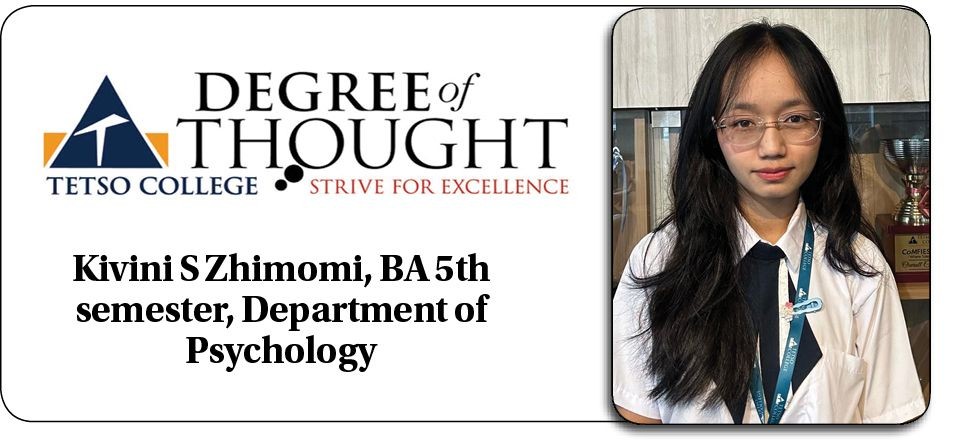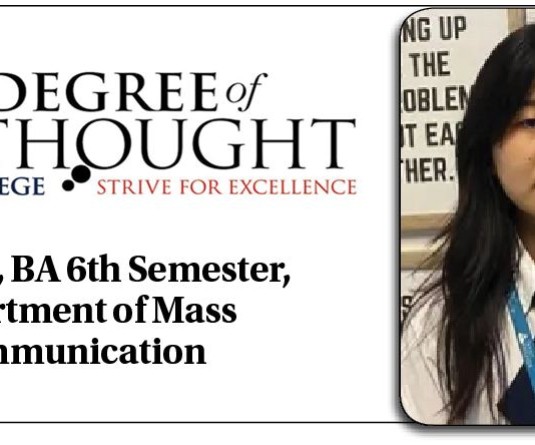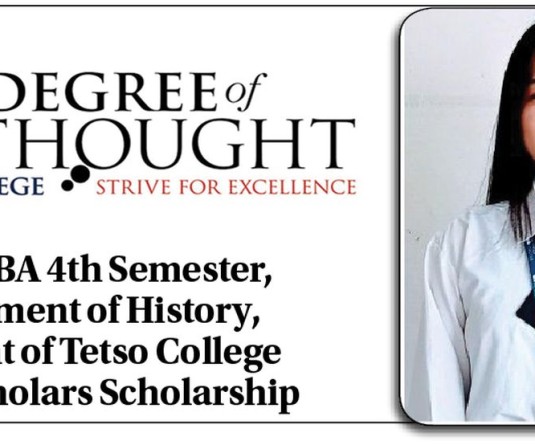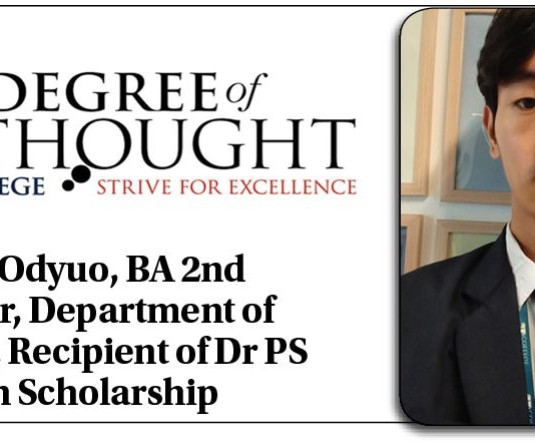
What makes us who we are? Is it our personal choices, or the traditions quietly passed down through generations? Psychology often asks these questions through theories of identity, memory, and behaviour. But perhaps the answers have always been waiting in our own backyards, in the wisdom of our indigenous cultures.
When we speak of indigenous knowledge, we are speaking of more than rituals, folk stories, or ancestral practices. We are speaking of a living archive of human resilience and adaptation. Cultural psychology reminds us that the mind cannot be separated from the world it inhabits. The ways we think, feel, and connect are shaped by the traditions around us. To preserve indigenous knowledge is to preserve the very frameworks through which generations before us made sense of life.
In psychology, memory is not only about storing facts, it is about anchoring identity. Oral stories, songs, and collective practices do exactly this. They become cognitive maps, reminding communities of who they are and where they belong. Without them, identities risk becoming fragmented, leaving individuals searching for meaning in a world that often erases difference in favour of sameness.
Social psychology also points us toward the importance of belonging. In an age where loneliness and disconnection are on the rise, community ties act as protective factors against anxiety and depression. Indigenous practices, be it through festivals, storytelling, or rituals, offer a sense of shared meaning that modern individualism often struggles to provide. These practices are not only cultural artefacts; they are, in many ways, psychological lifelines.
Research on resilience highlights that people recover and adapt better when they feel rooted. Communities that have preserved their cultural knowledge tend to show stronger coping mechanisms in the face of trauma or change. For indigenous people, rituals are not simply symbolic; they are methods of healing, grounding, and re-centring. They provide what psychology often tries to replicate in therapy: a sense of continuity, a reminder that life is bigger than a single hardship.
And so, the question emerges: Could the preservation of indigenous knowledge be more than just cultural pride? Could it, in fact, be a cornerstone of psychological well-being? As globalisation accelerates, we often celebrate progress while unknowingly discarding the wisdom that helped our ancestors survive, thrive, and find meaning. If we allow these practices to fade, we are not only losing heritage, we are losing a profound resource for understanding the human mind.
If psychology teaches us anything, it is that the story of the human mind cannot be told in isolation. It is written in collective memory, in traditions carried forward, in songs that still echo in village courtyards, and in the quiet wisdom of our elders. Indigenous knowledge is not just the past; it is a compass for the future. And it is a story we cannot afford to forget.
Modern psychology increasingly recognises that healing and growth are deeply cultural processes. Western models often focus on the individual—on self-awareness, autonomy, and personal development—yet many indigenous traditions view the self as inseparable from the land, the community, and the spiritual world. In this worldview, well-being is a balance maintained through respect for relationships: between people, between humanity and nature, and between the physical and spiritual realms. Practices like communal farming, oral storytelling, and nature-based rituals serve not only ecological or social purposes but also regulate emotional and psychological balance. They teach mindfulness, empathy, and gratitude—qualities that modern therapeutic practices now strive to rediscover. By studying and integrating indigenous perspectives, psychology can move toward a more holistic understanding of mental health, one that values connection as much as cognition.
Preserving indigenous knowledge, therefore, is not a nostalgic act but a necessary step toward psychological diversity. Just as biodiversity strengthens ecosystems, cultural diversity strengthens the human psyche. Each culture holds unique insights into fear, love, healing, and hope—insights that can expand our collective understanding of resilience and identity. When we listen to indigenous voices, we learn that wisdom does not always come from laboratories or textbooks but from generations of lived experience. In honouring that wisdom, we reclaim a part of ourselves—a reminder that who we are is both inherited and chosen, both ancient and alive.
Degree of Thought is a weekly community column initiated by Tetso College in partnership with The Morung Express. Degree of Thought will delve into the social, cultural, political and educational issues around us. The views expressed here do not reflect the opinion of the institution. Tetso College is a NAAC Accredited UGC recognised Commerce and Arts College. The editorial team includes Chubamenla, Asst. Professor Dept. of English and Rinsit Sareo, Asst. Manager, IT, Media & Communications. For feedback or comments please email: dot@tetsocollege.org






